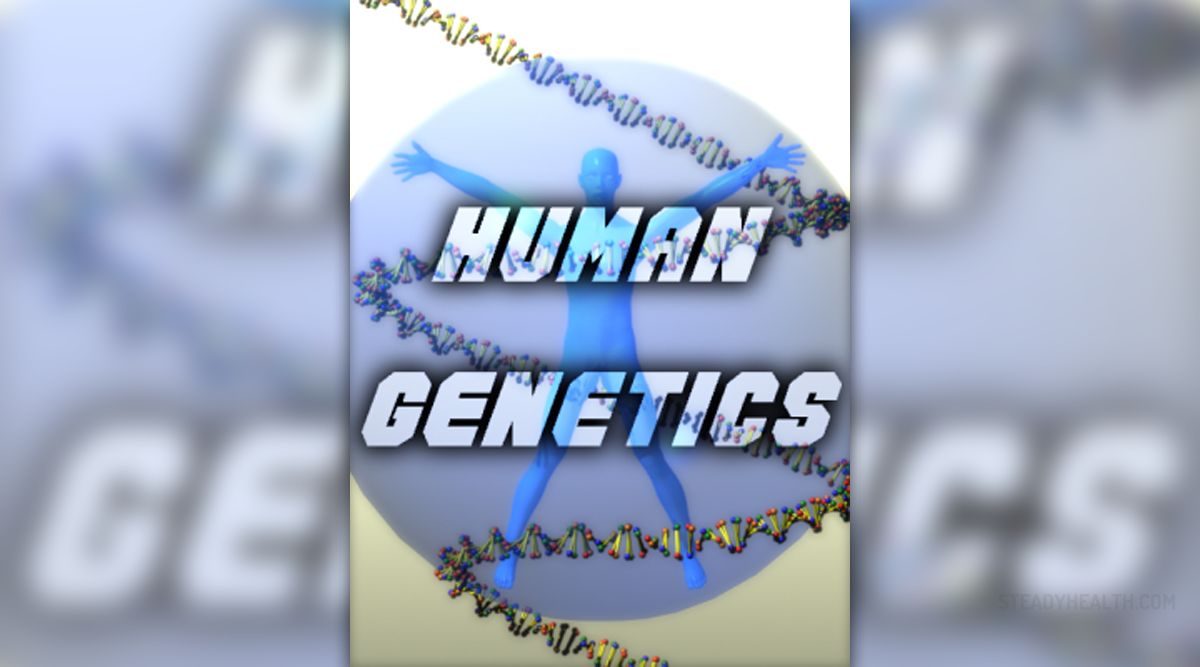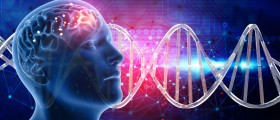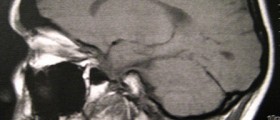
Our genes play a major role in our health. Environmental factorsand the immune system are the other factors that matter when it comes todiseases. Genetic disorders can be: single-gene or multi-factorial, dependingon the gene or genes involved in disorder. There are also changes that happenon chromosomes, causing chromosomal genetic disorders and those which affectmitochondria, provoking mitochondrial genetic problems.
Genes are associated with different proteins, and everyprotein is responsible for various functions in the body. If there is a problemwith the genes, it translates to weakening or dysfunction of protein role inthe body, which causes genetic disorder.
Types of Genetic Disorders
Monogenic, mendelian or single-gene genetic disorder is caused by the mutation of DNA (deoxyribonucleicacid). Mutation in the gene that aids the body to perform certain functions usuallyresults in a dysfunctional body. Huntington’s disease, cystic fibrosis, sicklecell anemia, hereditary hemochromatosis and Marfan syndrome are some of theknown mendelian genetic disorders.
Multi-factorialgenetic disorders are also called polygenic or complex. These disorders affectthe human health only when there are combinations of hereditary and environmentalfactors, and because of that multi-factorial disorders are very hard to bestudied and analyzed. As well known examples of these disorders, doctorsusually mention: diabetes, obesity, hypertension (high blood pressure), heart-relatedproblems, arthritis, Alzheimer’s disease or even different cancers (breastcancer).
These, single-geneand multi-factorial genetic disorders happen on the chromosomes and thereforethey are known as chromosomal genetic disorders. However, changes can also happenon the non-chromosomal DNA, more precisely on the mitochondrial DNA. Genetic disordersthat have happened on mitochondria are called mitochondrial genetic disorders.
Some Well-Known GeneticDisorders
Acrocephaly, adenomatous polyposis of the colon, disorders ofthe adrenal gland, adrenogenital syndrome, ALA dehydratase or ALA-D porphyrias,ALS, Alzheimer disease, anemias such as hereditary sideroblastic, sex-linkedhypochromic sideroblastic or familial splenic anemias and Angelman syndrome areall known genetic disorders.
There are also bleeding disorders, problems related tobones, like brittle bone disease or bone marrow disease, then Bournevilledisease and various brain diseases that might be caused by genetic problems.
Celiac disease, Charcot-Marie tooth disease, colorblindness, congenital osteosclerosis, cystic fibrosis, Cri du chat D 5, andcancers like breast, bladder or colorectal can also be considered as geneticdisorders. Carboxylase deficiency, Cooley’s anemia and cerebral sclerosis arealso provoked by the mutation of the DNA.
Down syndrome, hemophilia, neurofibromatosis,phenylketonuria, Turner and Prader-Willi syndromes, as well as sickle-cell and Tay-Sachsdiseases are all known to be linked to mutations of the human DNA.
















Your thoughts on this
Loading...